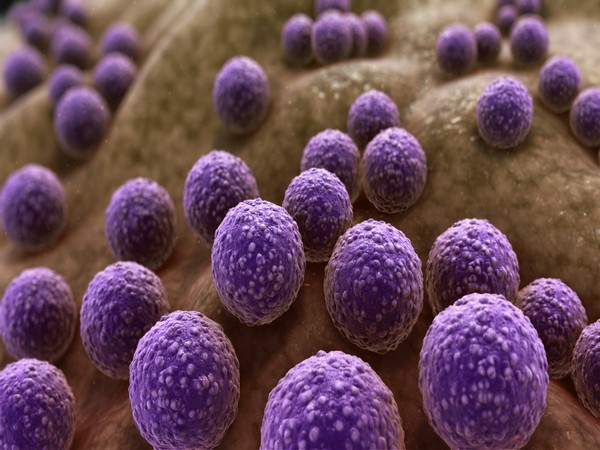Washington [US], April 28 (ANI): Sequencing technology has recently shown that the gut microbiome can also play a role in the treatment of cancer along with the other benefits that it has.
A review paper published in JAMA Oncology by investigators from Brigham and Women’s Hospital captures the current understanding of the connection between the gut microbiome and therapeutic response to immunotherapy, chemotherapy, cancer surgery and more, pointing to ways that the microbiome could be targeted to improve treatment.
“We know that a healthy gut is a key to our overall health,” said lead author Khalid Shah, MS, PhD, of the Center for Stem Cell and Translational Immunotherapy in the Department of Neurosurgery at the Brigham. “Our gut is so important that we often refer to it as our ‘second’ brain. In recent years, we’ve begun to appreciate the many roles of the gut, including the gut-brain connection and the connection between the gut and our immune system. Conversely, gut dysfunction or dysbiosis can have a negative effect on our health.”
Shah and colleagues report on an emerging role for gut microbiota in immunotherapy. Immune checkpoint inhibitors and immune checkpoint blockade therapy are novel strategies for treating cancer, but the response to these forms of treatment varies considerably between individuals and across cancer types. Several studies have found differences in the species of bacteria found in faecal samples from responders and non-responders, suggesting that different microbiome compositions may influence clinical responses.
Other studies suggest that diet and probiotics — live bacterial species that can be ingested — as well as antibiotic medications and bacteriophages, can influence the composition of the gut microbiome and, in turn, a response to immunotherapy. In particular, the authors highlight recent studies on the effects of ketogenic diets on patients with cancer.
“Today, developing treatments that sync immunotherapies and gut microbiota provides medicine a unique opportunity to truly effect change inpatient care,” said Shah.
The authors also provide an overview of how microbiota have been implicated in influencing response to chemotherapy and other conventional cancer treatments as well as how cancer therapies may reciprocally affect the microbiome and cause side effects.
“Overall, these findings support the potential of influencing the gut microbiota to diminish the side effects of conventional cancer treatment,” said Shah.
The authors note that there is little understanding of what the “ideal” bacteria consortia in the gut look like and how findings from preclinical models may or may not translate into applications in humans. They note that caution must be exercised before using probiotics or making dietary changes. Many cancer clinical trials are currently exploring the influence of the microbiome to help address some of the limitations and gaps in understanding. These include trials of faecal microbial transplantation, dietary supplements and novel drugs that may influence microbiota composition.
“There is strong evidence that the gut microbiome can have a positive influence on cancer therapies,” said Shah. “There remain exciting possibilities to explore, including the influence of healthy diet, probiotics, novel therapies, and more.” (ANI)


